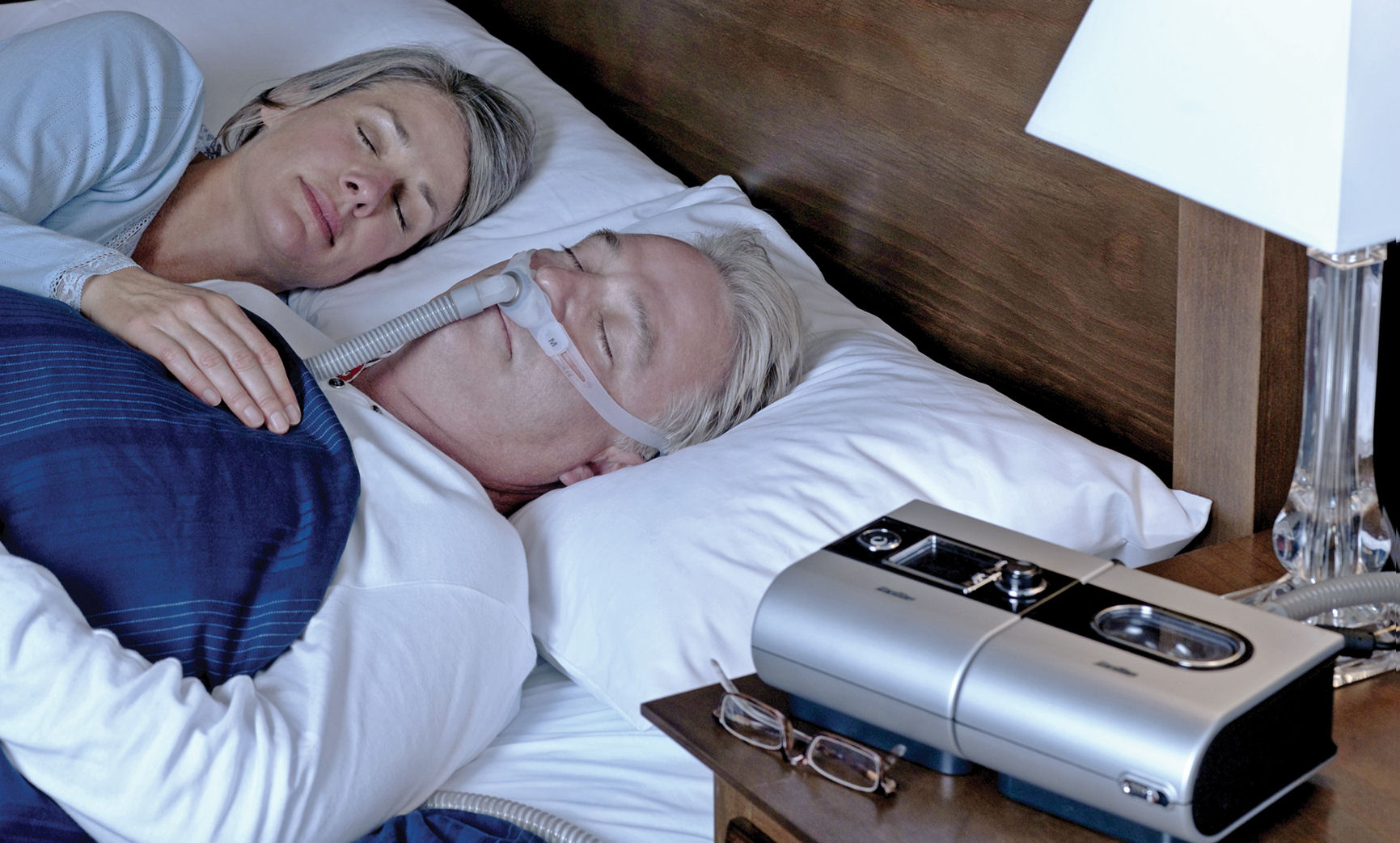
If you’re waking up feeling as though you haven’t slept at all, but you have no awareness of having been awake during the night, it’s time to talk to your doctor about a sleep study. Don’t take sleep deprivation lightly! Not only can a lack of sleep result in poor quality of life and tragedies such as car accidents (when the afflicted nods off while driving), but there are long term adverse health consequences.
The US National Institutes of Health reports that “The cumulative long-term effects of sleep loss and sleep disorders have been associated with a wide range of deleterious health consequences including an increased risk of hypertension, diabetes, obesity, depression, heart attack, and stroke.” Some experts believe that untreated sleep apnea can lead to dementia.
 You won’t know for sure if your fatigue is due to a sleep disorder unless you have it checked out. Your spouse may say you snore, and that disturbs her (or his) sleep, but did you know that one of the hallmarks of sleep apnea is snoring? It could be a signal that you need to get in to see your doctor. It could help you and your loved one get a better night’s sleep!
You won’t know for sure if your fatigue is due to a sleep disorder unless you have it checked out. Your spouse may say you snore, and that disturbs her (or his) sleep, but did you know that one of the hallmarks of sleep apnea is snoring? It could be a signal that you need to get in to see your doctor. It could help you and your loved one get a better night’s sleep!
It’s now known that even children can suffer from sleep apnea, so don’t ignore complaints of fatigue or observation of snoring in your young one.
There’s no doubt you’ve heard of sleep apnea, but you still might be wondering just what the heck it is. To put it simply, it’s a pause in breathing while sleeping. There’s obstructive sleep apnea and central sleep apnea. Yes, you can have both! They call that mixed or complex sleep apnea.
Obstructive sleep apnea (OSA)
OSA occurs when the airway is obstructed, usually because once you’re relaxed, soft tissue in the throat sort of just collapses. The oxygen you need stops being delivered to the brain and other organs! This sounds quite scary, and it is. Imagine, too, if someone woke you up every few minutes while you tried to sleep. This is essentially what your body does when it realizes it’s not getting oxygen. You aren’t aware that you’re not getting uninterrupted sleep, but you feel exhausted when you wake up in the morning, and probably all day. You might be falling asleep at your desk at work, or when you sit down for a break or later in the day when you sit down to watch the evening news. This sort of fatigue needs to be reported to your health care provider (doctor, nurse practitioner or physician’s assistant).
Central sleep apnea (CSA)
CSA is less prevalent than OSA, but is still a concern. In layman’s terms, CSA results when your body “forgets” to breathe during sleep. You miss a cycle of breathing, and then might gasp when recovering and possibly have faster breathing for a short period of time afterwards. Spouses often speak about his or her loved one seeming to have huge gaps between an exhale and inhalation during a breathing cycle. If you’re concerned about your spouse’s breathing during sleep, call your doctor!
Sleep apnea is a huge topic to cover, and we won’t try to do it all in one post. Remember that what we say here is no substitute for the advice of a medical professional! You need to get to your doctor if you have any day time fatigue or trouble sleeping. Please don’t self-diagnose, based on what you’ve read here.
In a future post, we’ll write about one person’s sleep study experience. In the mean time, you can get more information about sleep apnea from these web sites:
- http://www.ncbi.nlm.nih.gov/books/NBK19961/
- http://www.mayoclinic.com/health/sleep-apnea/DS00148
- http://www.nhlbi.nih.gov/health/health-topics/topics/sleepapnea/
- http://www.sleepapnea.org/learn/sleep-apnea.html (good video to watch)
